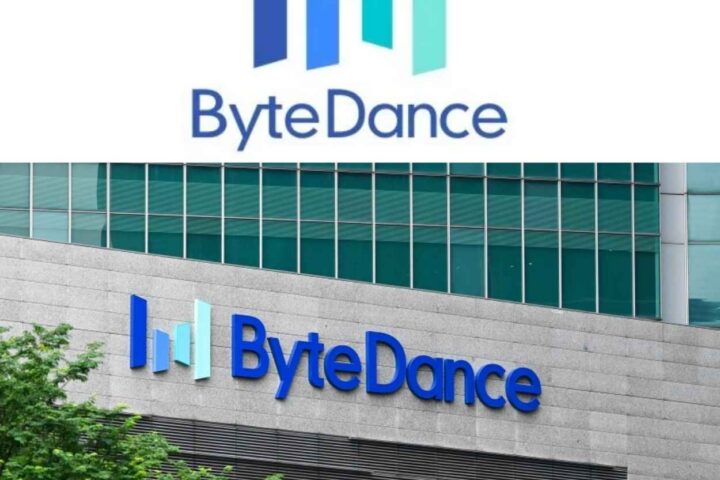Series A funding is a round of funding for startups after Seed funding. Venture capitalist investors will typically provide funding in exchange for equity in the business receiving funding.
Once a start-up has secured a Seed Funding round and begun to develop their startup they can proceed to the Series A funding round (source: Connectd). By the time a startup is looking for Series A funding they would be expected to have developed a business model and have a development plan, even if I haven’t yet put it into practice.
For this level of funding, entrepreneurs should be able to show investors what they have done with their Seed money and how they are planning to use any future investment to improve the value of their startup.
What Is Series A Funding?
Series A funding is usually the name given to a startups first significant round of Venture Capital financing. It might also be known as ‘Series A round’ or ‘Series A Financing’.
Similar to Seed Funding, Series A funding is an equity-based funding round, which means that Venture Capital investors give their funding in exchange for equity in the startup.
The startup secures the funding they need by selling shares of the company to investors. In the majority of cases, Series A financing comes with anti-dilution provisions, which means startups usually issue preferred shares, so the owners of the shares do not have voting rights.
How Is Series A Funding Different to Seed Funding?
Series A funding tends to follow a more strict and formal approach than Seed Funding, which can be more informal. In this round, the majority of investors are venture capitalists.
Venture capitalists tend to complete evaluation of the startup before making their investment decision, making Series A funding a much more substantial and in-depth process than Seed Funding.
The primary objective of Series A funding is to ensure growth of the startup continues. During Series A funding, startups may set goals to reach new milestones in product development or attract new talent to the Startup. During the standing stage, startups attempt to attract more investors who may also be able to support future rounds of funding.
How Much Money Can Businesses Get from Series A Funding?
This really depends on your startup, but startups can generally secure between £2 million and £15 million during a Series A funding round. Bear in mind, to invest this much capital in a startup, investors will do a valuation of the startup and will be looking for valuations of between £10 million and £15 million.
There are no specific business types that are ‘more eligible’ for startup funding and any operating business from a beauty clinic offering laser hair removal services (find out more information here) and other cosmetic treatments, to a larger tech business are potentially eligible to receive seed, series A and other forms of business funding, should they meet the necessary criteria and connect with the right investors for their business and industry.
Series A funding is incredibly important for the sustained growth of a startup. Series A funding allows an opportunity to get more investors on board who can support the growth of the startup into the future. Shares are sold and this capital allows startups to further their business in whatever way they need.
It might be that the Series A funding is used to grow the team and attract talent to the company or it might be that more financing is needed for product development. What the Series A funding is used for depends entirely upon what the company needs, but it is often essential to the success of a startup.
















